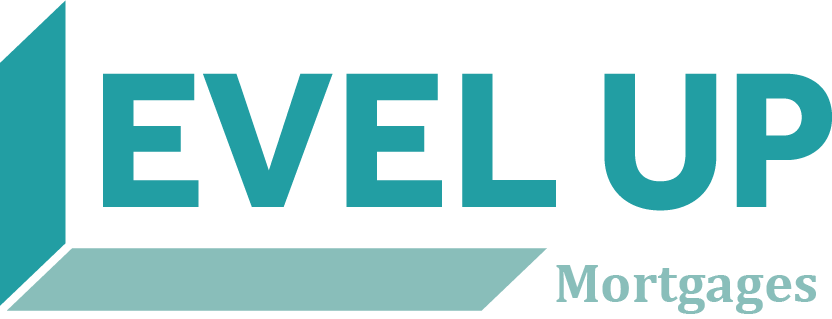Getting a Mortgage in Canada as a Self-Employed Applicant
Getting a Mortgage in Canada as a Self-Employed Applicant
Self-employed applicants face a unique set of challenges when getting a mortgage in Canada. For one, it can be difficult to prove income stability to lenders.
Self-employed applicants face a unique set of challenges when getting a mortgage in Canada. For one, it can be difficult to prove income stability to lenders. Additionally, self-employed applicants may have a more difficult time qualifying for a mortgage if they have a complicated financial situation.
Continue reading to learn more.
What Does It Mean to Be Self-Employed
First and foremost, it means that you are responsible for your own income. This can be either a good or a bad thing, depending on how you view the situation. On the one hand, it means you can earn a lot of money if you are good at what you do. Meanwhile, it also means that you are at risk of not making any money at all if you are not successful.
Another thing that being self-employed in Canada means is that you are not entitled to the same benefits as someone who is employed by a company. This includes things like health insurance and vacation pay. Overall, being self-employed in Canada means you have a lot of freedom and flexibility, but it also comes with a lot of responsibility.
What Does Income Verification Entail for a Mortgage?
There are a few different ways that your income can be verified when you are applying for a mortgage. The most common way is for your lender to request financial and bank statements from you, as traditional income confirmation is tougher when self-employed. They will use these to verify your income and make sure that you can make your monthly mortgage payments.
Another way that your income can be verified is through a stated income loan. With this type of loan, you will not have to provide any financial documentation to your lender. Instead, you will simply state your income on your loan application. The lender will then use this information to determine whether you're eligible for the loan or not.
Who Do You Go to as a Self-Employed Mortgage Applicant?
There are some things to consider when you're self-employed and applying for a mortgage. Lenders will often want to see a strong history of income and employment, so it's important to be prepared with the right documentation.
One option is to go to a private mortgage lender. These lenders may be more flexible with their requirements, and they may be willing to work with you to get the mortgage you need. Meanwhile, a traditional lender offers better rates and terms
How Much Can Be Borrowed as a Self-Employed Applicant?
Generally, the lender and your individual circumstances will influence the final amount. There are additional factors, including your income, employment history, and credit score. Lenders will also consider your debt-to-income ratio to determine how much you can finally afford to borrow.
Bottom Line
Ultimately, if you are self-employed and looking to get a mortgage in Canada, know that it is possible. However, you may need to do a bit of extra work to get approved when it comes to income verification and the like.
In need of mortgage financing? Level Up Mortgages is a mortgage broker team focused on helping the self-employed, new immigrants, non-residents, and investors access the best rate and alternative lending in Canada. We have been nominated for best up-and-coming broker in Canada in 2021 and have been on CTV News and various publications because of our education-first approach to helping you always stay a step ahead of the process. Reach out to us for access to our first-time buyer course or a mortgage strategy session.

